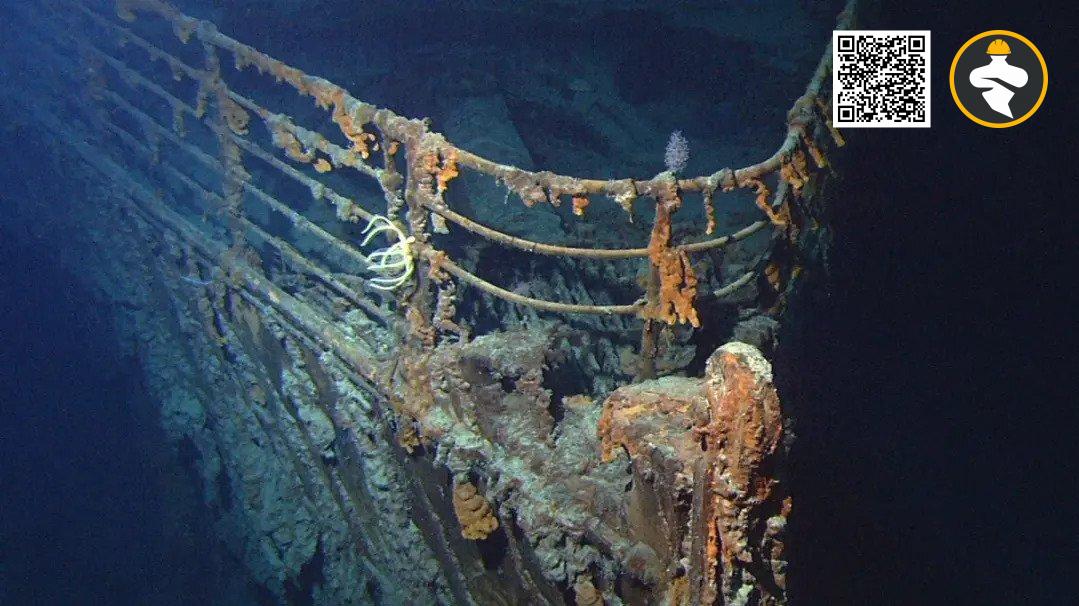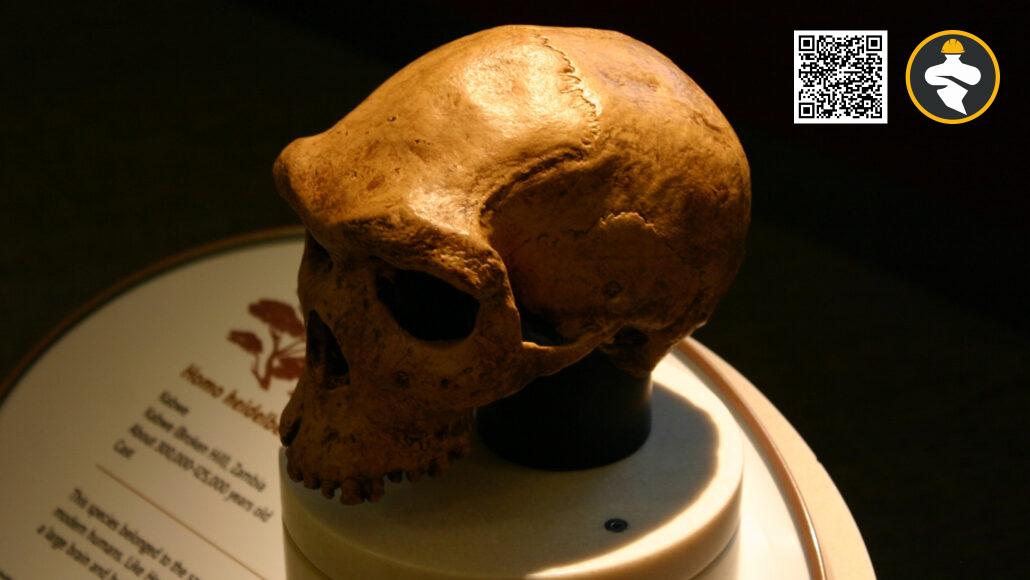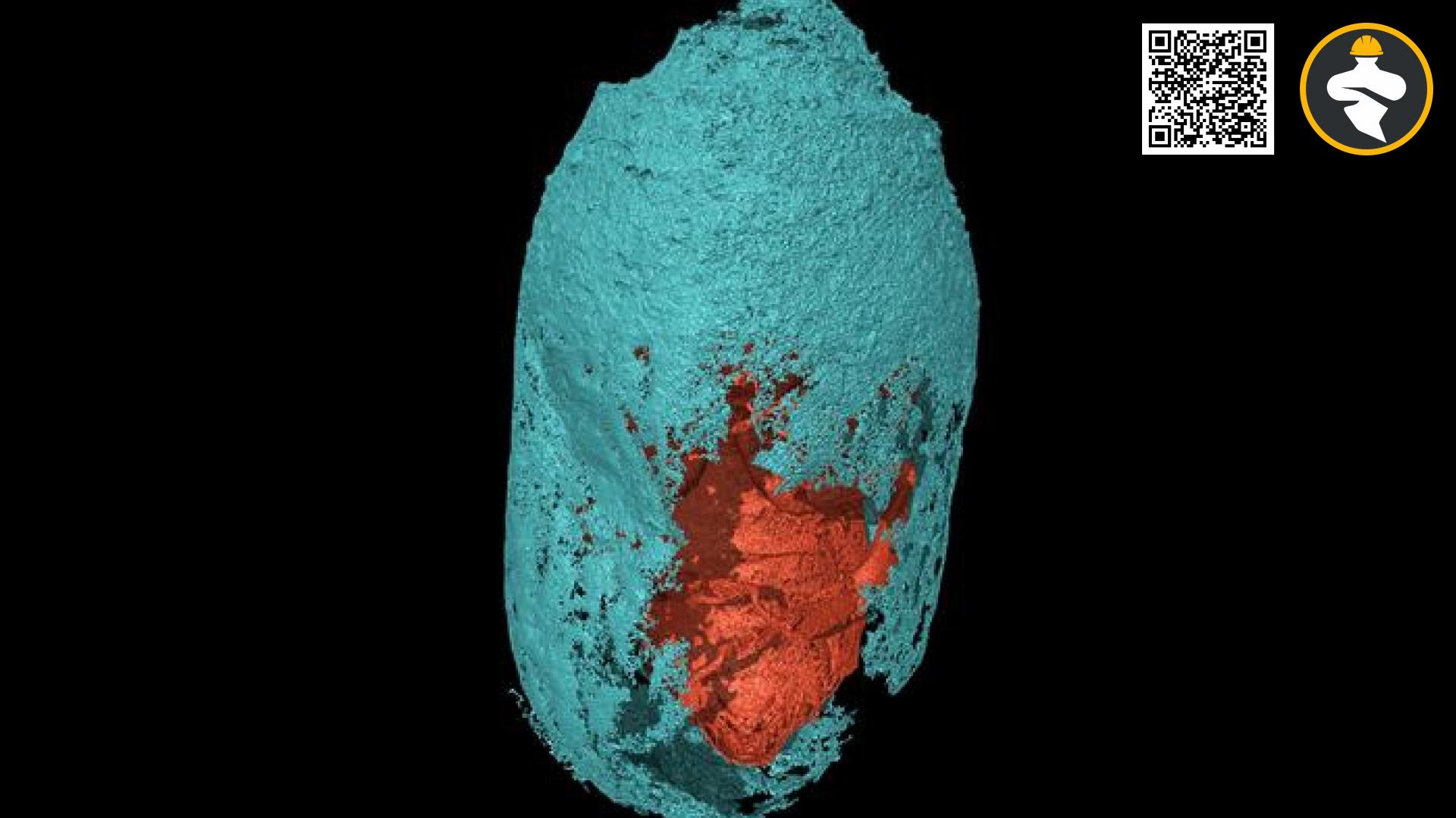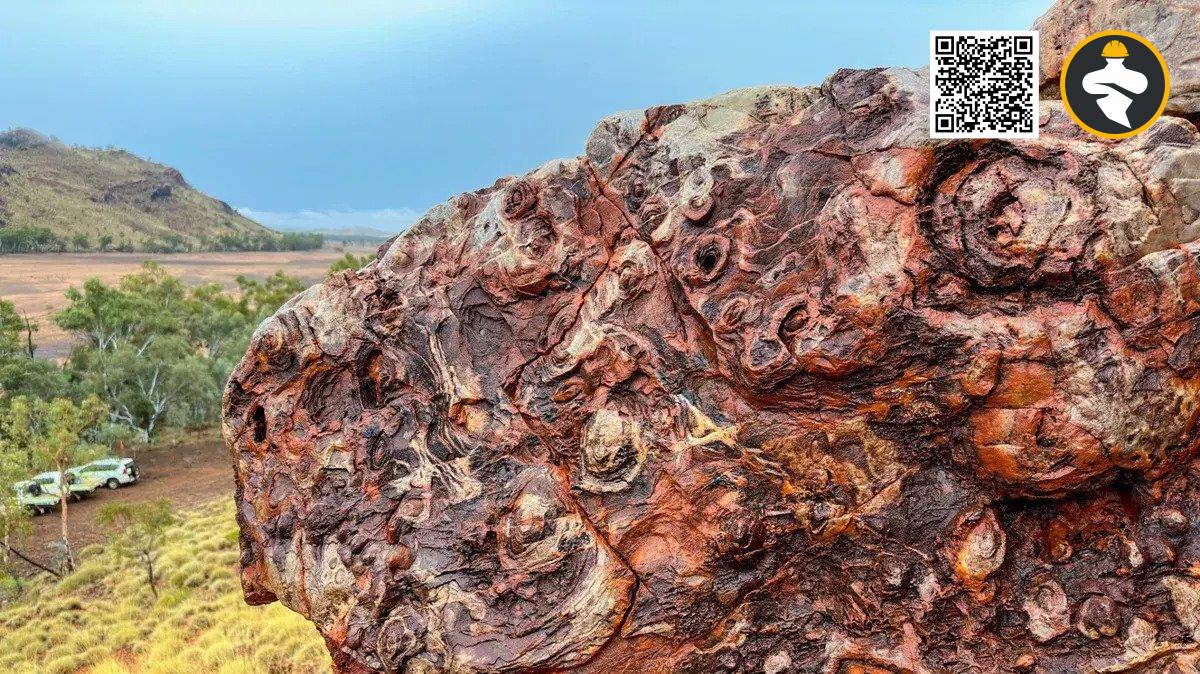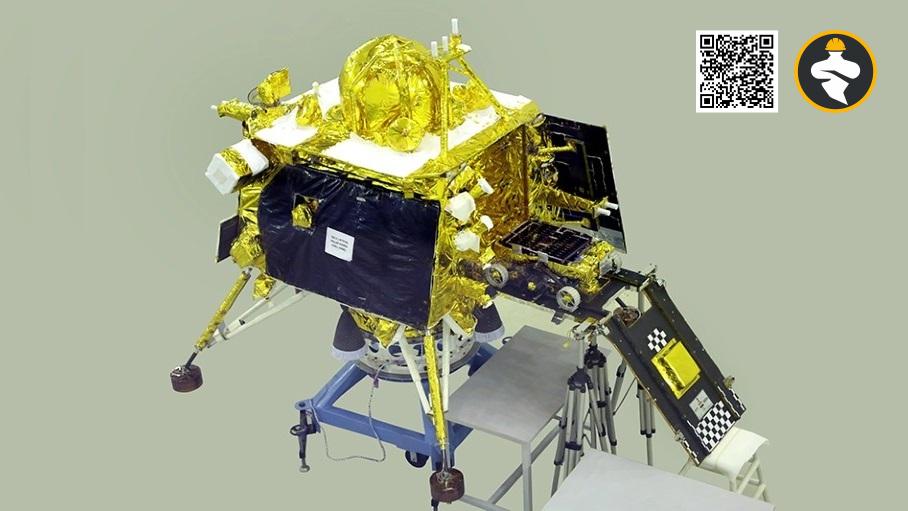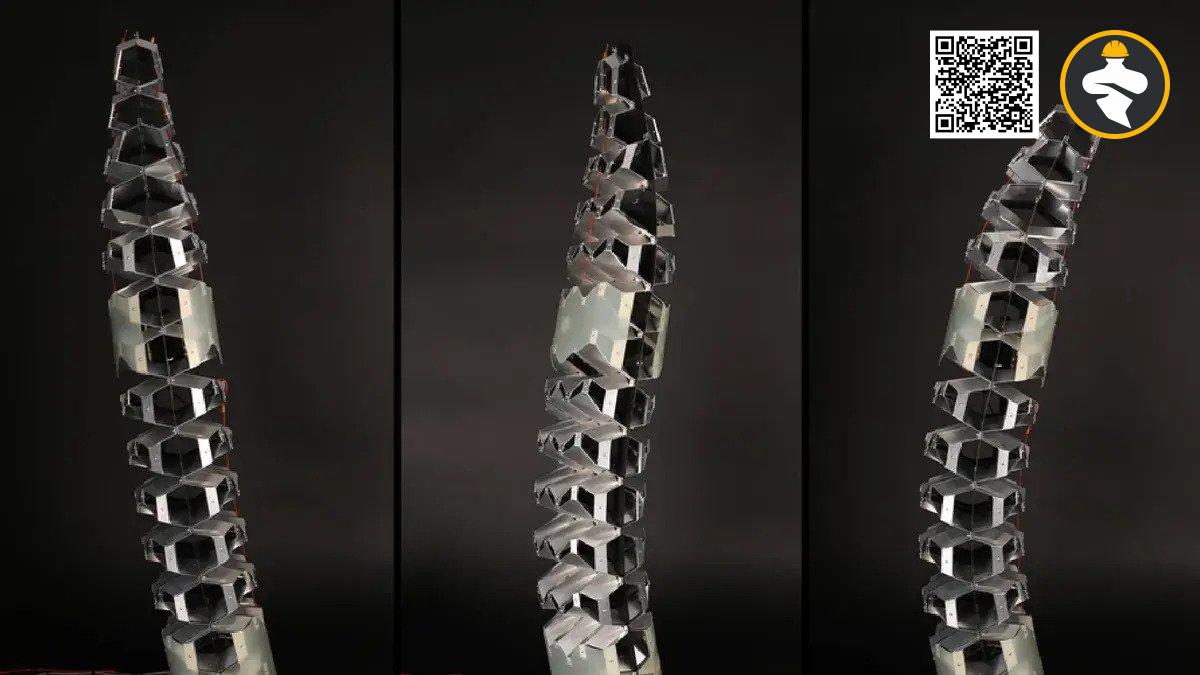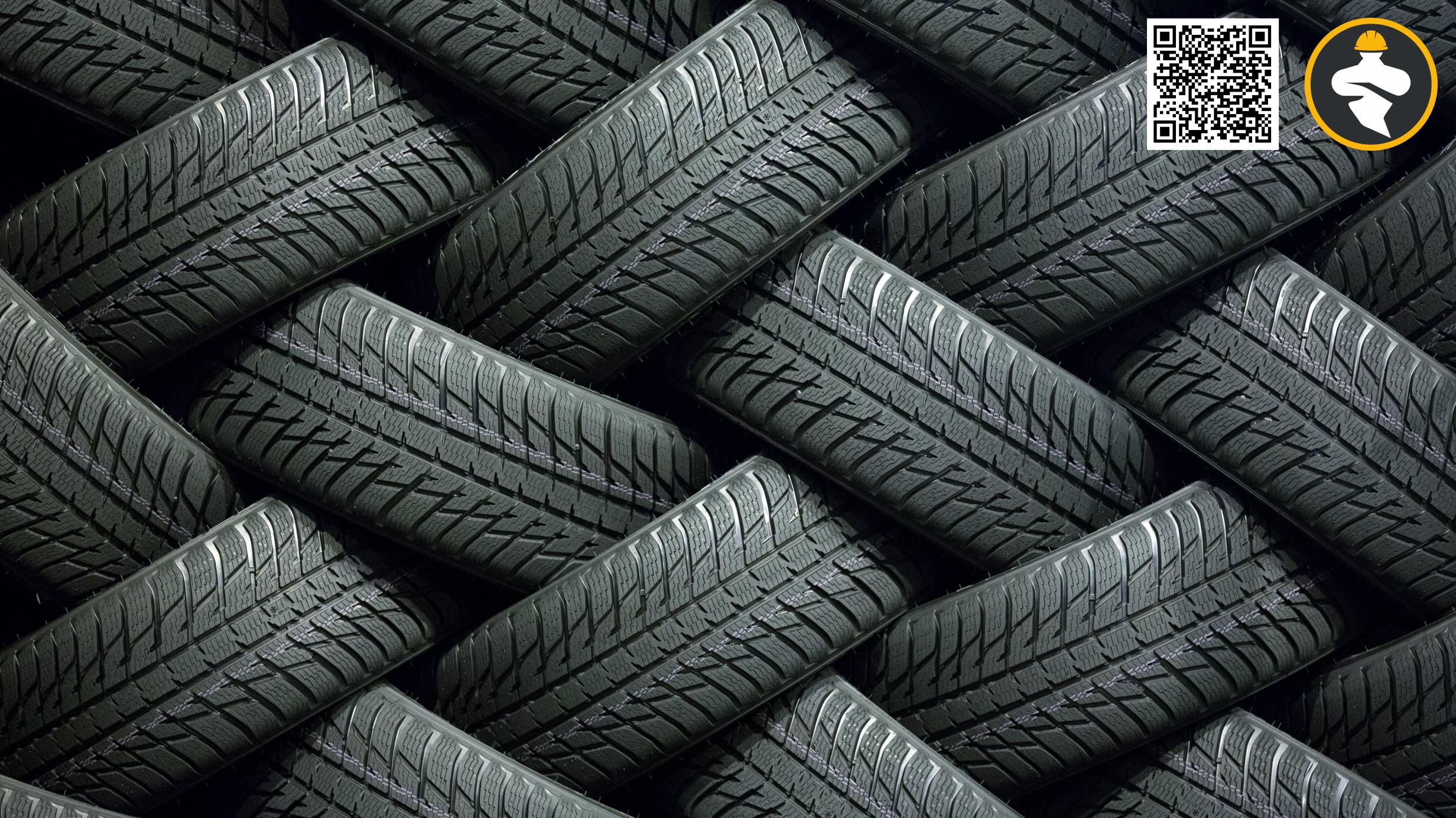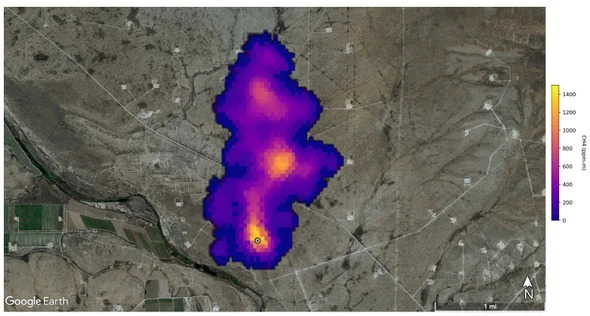A new ASTM test standard has been developed for recovered carbon black (rCB), which is a sustainable alternative to traditional carbon black. Carbon black is widely used in the production of rubber, plastics, and coatings, but it is typically made from petroleum and has a negative impact on the environment. rCB is made from recycled tires and other rubber products, reducing waste and greenhouse gas emissions.
The new ASTM standard, D8178, outlines a method for evaluating the quality of rCB based on its physical and chemical properties. The standard covers parameters such as ash content, volatile matter, sulfur content, particle size distribution, and surface area. By establishing a standardized testing procedure, manufacturers can ensure that their rCB meets specific quality requirements and can be used in a variety of applications.
The development of this standard is significant because it provides a framework for the use of rCB in commercial products. It also promotes the use of sustainable materials and supports the circular economy by reducing waste and conserving resources. As demand for sustainable alternatives continues to grow, the use of rCB is expected to increase in industries such as automotive, construction, and packaging.
Overall, the new ASTM test standard for recovered carbon black is an important step towards creating a more sustainable future. By providing a reliable method for evaluating the quality of rCB, manufacturers can confidently incorporate this material into their products and contribute to a more environmentally friendly economy.
Reference: globalspec


